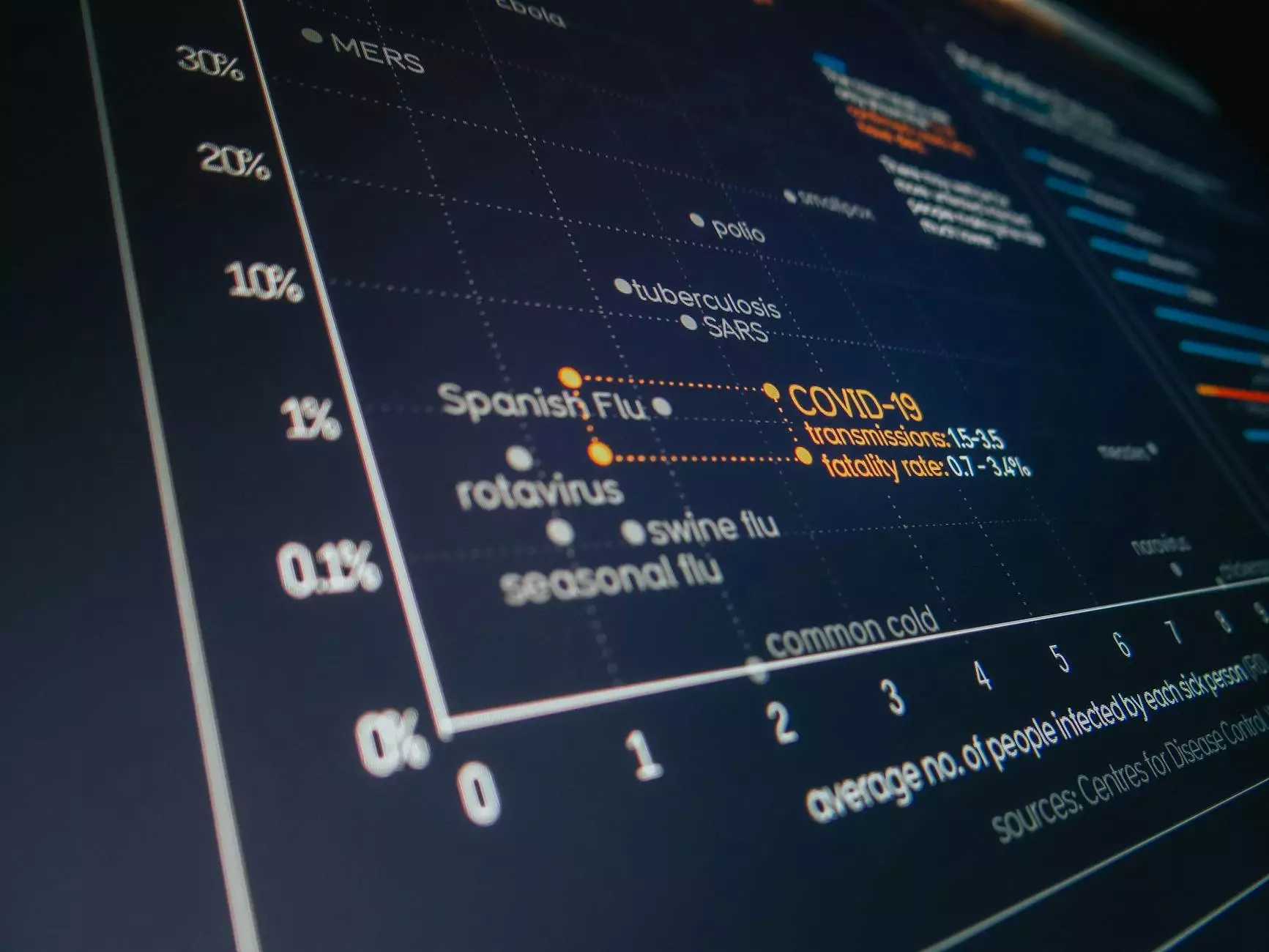5 Reasons Why Your Website is Slow and How to Improve It
Web Design
Introduction
Welcome to SMI Webdesign, a leading provider of business and consumer services in the field of website development. We understand the importance of a fast and efficient website for your online success. In this article, we will discuss the top 5 reasons why your website is running slow and provide you with valuable strategies to improve its performance. Let's get started!
1. Insufficient Hosting
One of the primary reasons for a slow website is inadequate hosting. If your website is hosted on a shared server with limited resources, it can lead to slow loading times, especially during peak traffic periods. Upgrading to a dedicated or virtual private server (VPS) hosting solution can significantly improve your website's speed and overall performance.
2. Poorly Optimized Images
Images play a crucial role in engaging your visitors, but large and unoptimized images can slow down your website. Optimizing your images by reducing their size, compressing them, and using the correct image formats (such as JPEG or PNG) can greatly enhance loading times without compromising on visual quality. Additionally, consider utilizing lazy loading techniques to delay the loading of images that aren't immediately visible.
3. Bloated Code and Plugins
The presence of unnecessary code and excessive plugins can affect your website's speed and performance. Code optimization and removal of unused plugins can significantly enhance loading times. Streamlining your website's code and using lightweight, well-coded plugins can help improve overall performance and ensure a smoother user experience.
4. Lack of Browser Caching
Browser caching allows a user's web browser to store static resources, such as images, JavaScript files, and CSS files, locally. Enabling browser caching on your website can significantly reduce loading times for returning visitors since the browser can retrieve the cached files instead of downloading them again. Implementing caching mechanisms, such as setting cache-control headers or utilizing caching plugins, can enhance performance and reduce server load.
5. Absence of Content Delivery Network (CDN)
A Content Delivery Network (CDN) is a network of servers distributed across various geographical locations. It helps deliver website content to users based on their location, resulting in faster loading times. By utilizing a CDN, you can reduce latency and improve your website's performance, particularly for international visitors. Consider integrating a CDN service such as Cloudflare or Akamai to enhance your website's global speed.
Conclusion
Optimizing your website's speed and performance is essential for providing visitors with an excellent user experience and achieving higher search engine rankings. By addressing the 5 reasons mentioned in this article – insufficient hosting, poorly optimized images, bloated code and plugins, lack of browser caching, and the absence of a content delivery network – you can effectively improve your website's speed and outrank other websites in the search results. SMI Webdesign, the experts in website development, is here to help you implement these strategies and optimize your website for success.










